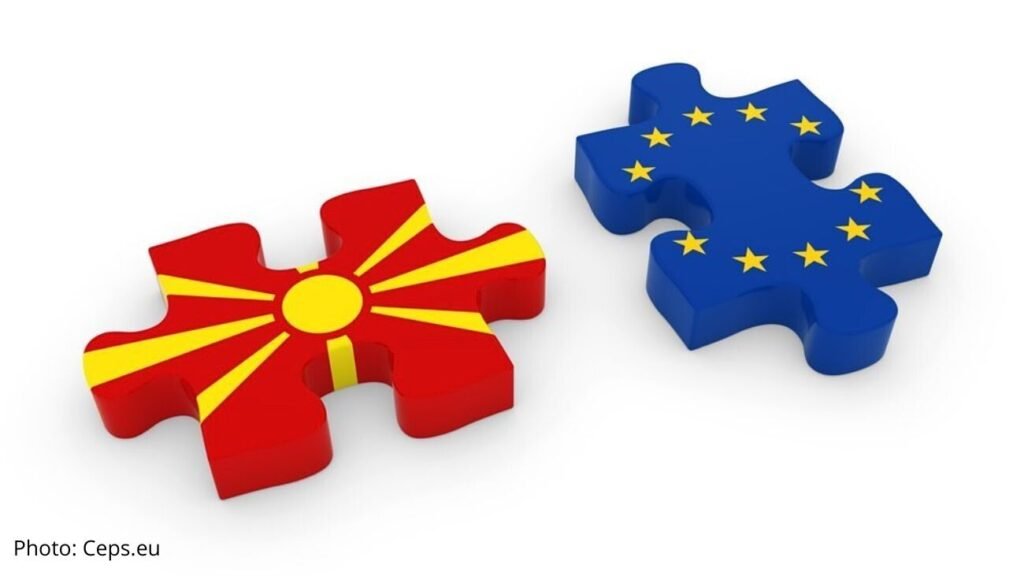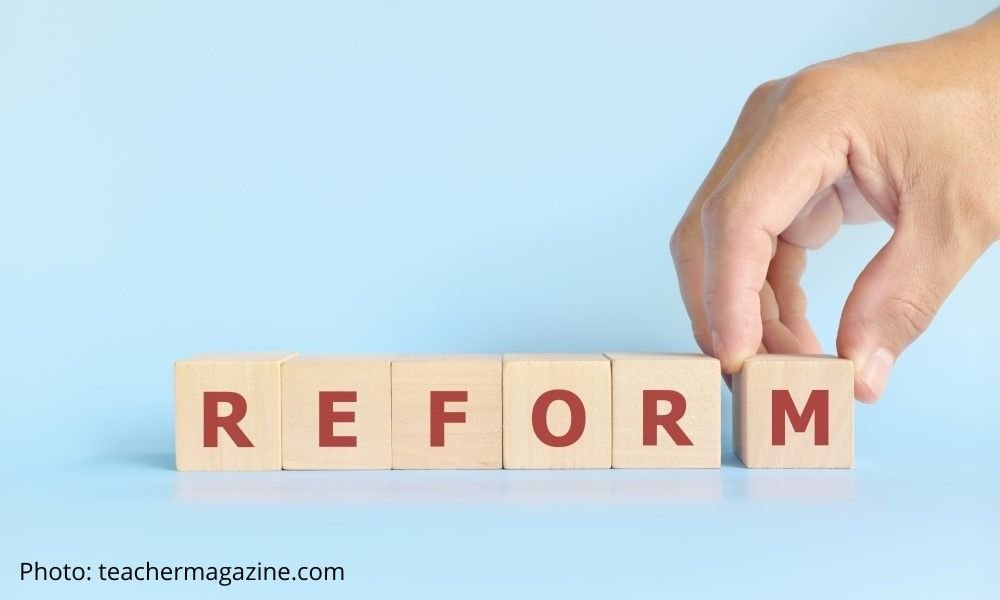“This Law Takes Effect
After We Join the EU”

Sreten Koceski, PhD
Community Development Institute, N. Macedonia
“This Law Takes Effect After We Join the EU”
“Political elites exploit this stagnation, using EU integration as a talking point while making little real effort toward reform. This phenomenon extends beyond candidate countries—some current EU members openly criticize the EU, only to change their stance once they receive funding.”
Quite often, here in Macedonia, we can hear frustration with EU integration. Why? Some believe the EU does not genuinely support us. Adding to this sentiment, discussions about USAID’s influence, alleged misuse of funds, and skepticism about NGOs often get lumped together, reinforcing the idea that foreign involvement is untrustworthy.
We frequently hear accusations that NGOs misuse funds, yet little mention is made of their positive contributions—such as reconstructing homes, renovating public buildings, improving social services, reforms. Nonetheless, a “witch hunt” against NGOs and civil society actors in the Balkans has begun, providing an opportunity for certain politicians to discredit them as “foreign agents” and weaken their influence. Without a strong civil society, political elites can operate unchecked.
Macedonia has been an EU candidate country for over 30 years. During this time, it has made significant concessions—changing its flag, its name, and its constitution—yet membership remains out of reach. We have managed to overcome internal challenges and inter-ethnic tensions with Ohrid framework peace agreement, and we continued with Prespa agreement with Greece. The EU is still far away and we question how many lakes as agreements we need to mention by the end?

The Copenhagen criteria for EU membership seem to have been forgotten, as new conditions unrelated to these original standards continue to emerge. This is not just Macedonia’s struggle; other Western Balkan countries also face shifting goalposts. This is why many citizens support the government’s stance: constitutional recognition of Bulgarians, yes—but only once Macedonia officially joins the EU. Otherwise, the cycle of political blackmail continues indefinitely.
Meanwhile, the EU’s priorities have shifted. Challenges related to migration, economic turbulence, and the war in Ukraine dominate their agenda, pushing Western Balkan integration further down the list. EU officials frequently emphasize that the region remains a priority, yet tangible progress is absent. Is this simply bad timing, or is something happening behind the scenes? For those of us in the region, it remains difficult to understand.
As things stand, we feel stuck. Political elites exploit this stagnation, using EU integration as a talking point while making little real effort toward reform. This phenomenon extends beyond candidate countries—some current EU members openly criticize the EU, only to change their stance once they receive funding. If the EU is as flawed as they claim, why haven’t they left, as the UK did?

Western Balkan politicians continue to pose for photo opportunities at EU summits, speaking about EU membership as a priority, yet there is no substantial progress. National legislations introduce new laws in alignment with EU standards, but too often, they include the phrase: “This law takes effect after we join the EU.” Why? Why not implement these reforms now—to improve governance, reduce corruption, and enhance the quality of life? Instead, this delay creates opportunities for corruption and exploitation, under the guise of “preparing for EU integration.” To be clear, I am not referring to Macedonia’s constitutional amendments but to broader legislative reforms.
From an outsider’s perspective, the EU itself appears slow and divided. Major member states like Germany and France face political and economic challenges, including the rise of far-right movements. Meanwhile, in the U.S., the return of Donald Trump has emboldened conservative and nationalist forces, further complicating the global landscape. Ironically, many of the same politicians who reject Western influence are the first in line for EU, USAID, or UNDP grants and loans.
We cannot afford to wait for EU membership to improve our lives. Reforms should take effect now—not someday. Our future should not be held hostage to endless negotiations and political games. We want a decent life today.
februar 2025.
Prilikom korišćenja cijelog ili dijela teksta, potrebno je navesti ime autora i izvor sa kojeg ste tekst preuzeli (www.lobiranje.eu)
